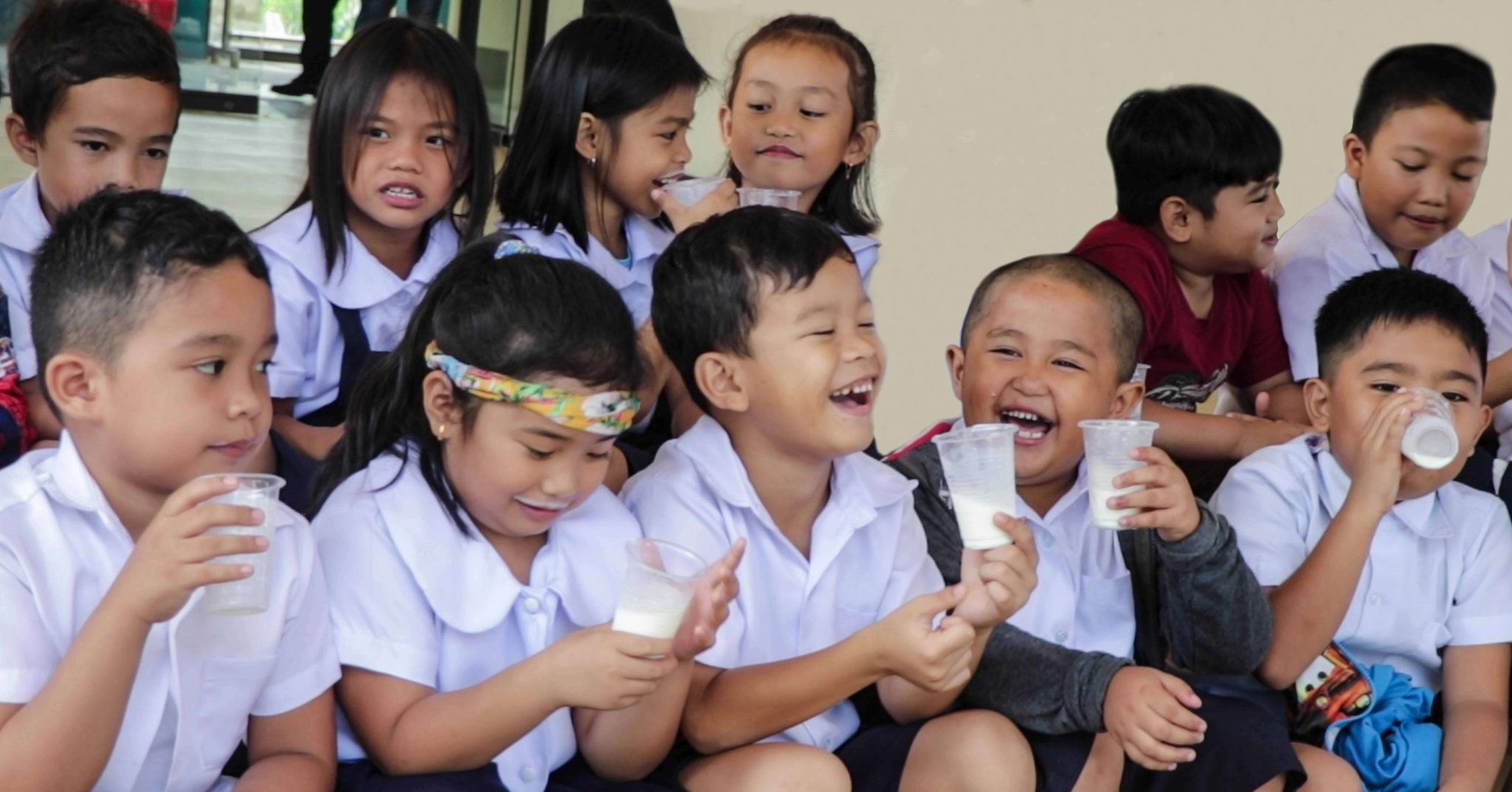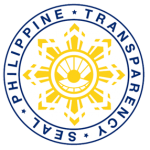A total of 394,433 undernourished children are expected to benefit from the implementation of a nationwide School-Based Feeding Program (SBFP) pursuant to Republic Act No. 11037 also known as the “Masustansyang Pagkain para sa Batang Pilipino Act”. Said undertaking is a joint effort of the Department of Education (DepEd) and the Department of Agriculture-Philippine Carabao Center (DA-PCC) in line with the law institutionalizing a national feeding program for undernourished children in public schools. In June 2018, President Rodrigo Duterte signed RA No. 11037 to address the problem of undernutrition among Filipino children through a National Feeding Program of which one of the components is the Milk Feeding Program with fresh milk or fresh milk-based product as additional component to cycle-menu hot meals in the SBFP. “This program is not only beneficial to undernourished children but also to dairy value chain players as it has created a higher demand for locally produced milk, thus, providing them sustainable livelihood and boosting the local dairy industry,” DA-PCC Executive Director Dr. Arnel Del Barrio said. The DepEd and DA-PCC signed a memorandum of agreement (MOA) to embark on and implement a Milk Feeding Program in accordance with the mandates and objectives of RA No. 11037. Several operating MOAs (OMOA) between the DA-PCC and Schools Division Offices (SDO) of DepEd were initially signed to launch the program. These include DA-PCC’s OMOAs with the SDOs of Puerto Princesa City, General Trias City, Oriental Mindoro, Cavite, Quezon Province, Laguna Province, Batangas Province, Legazpi City, Antipolo City, and Nueva Ecija, respectively. In addition, a total of nine DA-PCC regional centers had inked OMOAs with SDOs in their respective areas. The DepEd through its Bureau of Learner Support Services-School Health Division (BLSS-SHD) will lead the implementation of the SBFP-Milk Feeding Program component in coordination with DA-PCC as supplier of carabao’s milk. It allocated a total budget of Php7,099,794 for the purchase of carabao’s milk to be used in feeding programs. Meanwhile, DA-PCC identified and tapped its assisted dairy farmer-cooperatives with valid licenses to operate from Food and Drugs Administration (FDA) as suppliers of milk in the feeding program. “The DA-PCC, DepEd, and FDA-registered cooperatives had a consultation meeting to determine the volume of carabao’s milk that the co-ops can provide for the program. The total volume that was committed can supply more than 390,000 beneficiaries nationwide,” Ma. Theresa Sawit, PCC’s senior science research specialist and one of the focal persons for the project, said. Under the program, all undernourished Kindergarten to Grade 6 pupils, who are also SBFP beneficiaries for hot meals, will receive 200 ml toned carabao’s milk daily for at least 20 feeding days. “This program is very timely to help boost their immune system against COVID-19 and improve their milk drinking habit as they grow up,” Sawit said. Due to the global health crisis, each municipality will have its designated drop-off points for the delivery, inspection, and acceptance of the milk products. From the drop-off points, DepEd will conduct a house-to-house distribution of carabao’s milk to the beneficiaries. The milk feeding program, which supposedly started in March but was delayed due to the pandemic, is expected to commence in August in time for the proposed opening of classes. Apart from DA-PCC, DepEd also collaborates with the National Dairy Authority in the implementation of the Milk Feeding Program.
DA-PCC, DepEd prep for tie-up program on school-based milk feeding
by:












